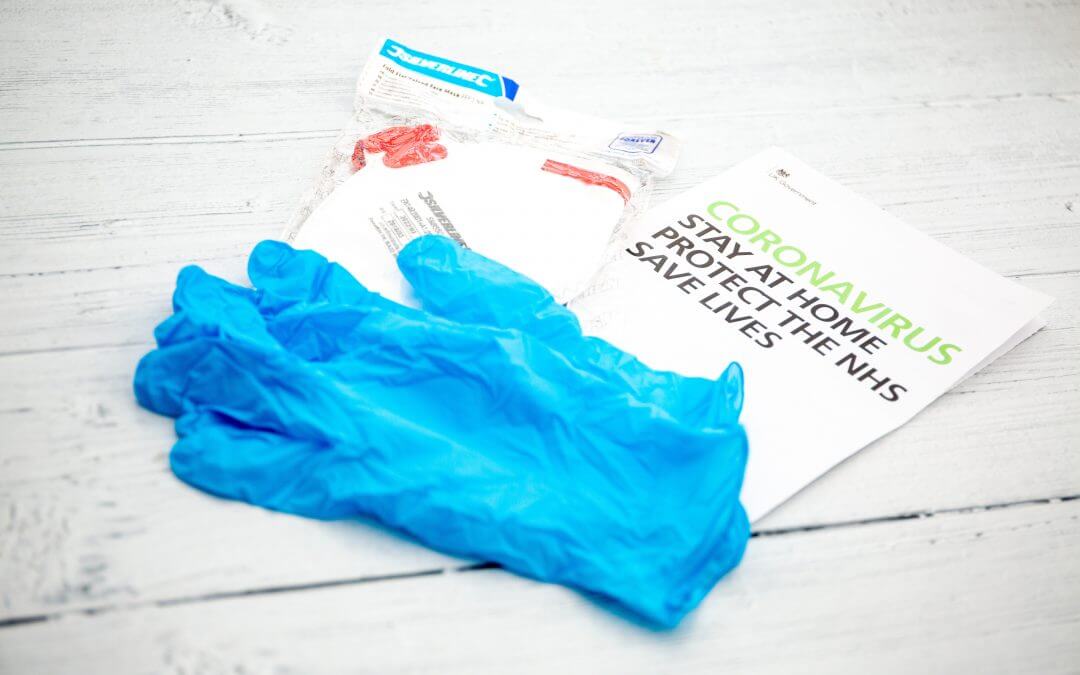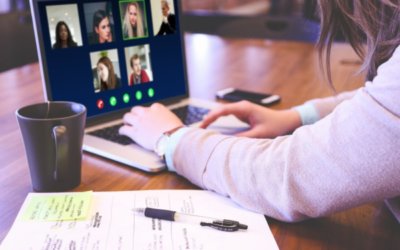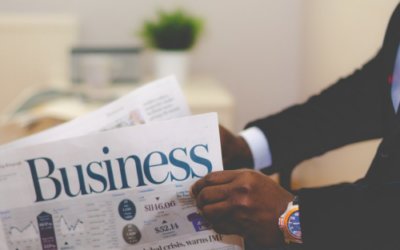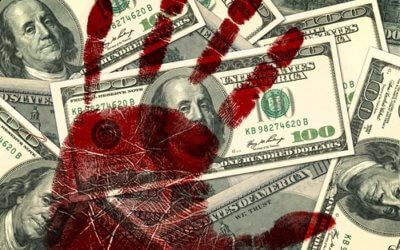I recently saw a comment from an old business colleague of mine on Facebook which effectively said that until we get back to selling face to face, the economy will not recover.
While that might be true, the failure to deal with COVID in the U.S. is leading to accelerating cases and deaths from COVID. While some steps to slow the virus are being instituted by various governments, the increasing caseload is bringing the disease closer to more and more people. As a result, more and more people are worried and not interacting with others more than absolutely necessary. This behavior is slowing down the potential recovery.
So the question is “How long will we live with this?“
I said for some time that we will be like this until this time next year. However, a recent article quoted Ezekiel (Zeke) Emanuel, vice provost for global initiatives and chair of the Department of Medical Ethics and Health Policy at the University of Pennsylvania, saying that a full return to normal isn’t likely to happen until November 2021. While Emanuel says he is an optimistic person, he believes that the November date is how long it will take for an effective vaccine distributed widely enough to stop the spread of COVID-19.
Further, he expects the toll in the U.S. to reach 250,000 by the end of 2020. However, he also believes that non-pharmacological interventions i.e., social distancing, wearing masks, avoiding crowds and enclosed spaces, and staying away from people who are coughing, sneezing, singing, or yelling are working. Besides, Emanuel thinks it is almost inevitable the U.S. is going to have a second wave that pops up in October or November of this year when we’re all going inside.
His advice is:
Companies
Until we reach a point where there is a vaccine or herd immunity, corporate employees should continue to work from home as much as possible because enclosed spaces and prolonged exposure to other people increase the likelihood of transmission. For frontline workers and others who cannot work remotely, including employees at retail stores, a detailed protocol must be implemented to protect both workers and customers – such as mandatory masks, plexiglass dividers, and regular sanitizing of hands and surfaces.
Stores
Stores have much to consider, e.g., can they put some of their merchandise outside to limit the number of shoppers inside? Can they open windows or doors to help air circulation?
Emanuel believes the use of face masks will be necessary, but he questioned the effectiveness of conducting temperature checks at the door. Instead, use symptom screening questions daily for employees, i.e., whether they are experiencing shortness of breath. Testing for COVID-19 more than once a week for asymptomatic employees is wasteful and creates a false sense of security. Instead, emphasizing good, routine personal hygiene – especially washing hands — and store cleaning is reassuring for both employees and customers. While more research is needed to determine whether clothing, shipping boxes, or store surfaces could transmit the virus, Emanuel said these are likely not the main modes of transmission.
Concerning a store closing its doors, the answer is dependant on so many factors; it is too abstract to say.
Public Transportation
No. Use your car, walk, or bike. Emanuel is an avid bike rider who rides his bike in the snow.
Air travel
Avoid it. Airplanes do have sound air filtration systems, but they cannot protect against sneezes or other exhalations from fellow passengers two rows away from you or in the aisle.
So what does this mean for most of us?
Whatever processes we have taken to manage in the current environment is going to be the way we operate for another 16 months. Thus we have look at these processes and rather hope for the “old” normal return, look at them through the lens of continuous improvement.
- How do we become more effective in operating in this environment?
- What can we expect from our sales team and can we meet any increase in demand?
- If we were designing a system from scratch and with the luxury of time, would we do it this way?
- How do we ensure that our employees remain healthy?
- How do we ensure that our employees’ mental health is ok?
- How are our customers and suppliers are doing? Should we be concerned?
It is key to take time during this period to think Upstream and work on these issues with your team. As I have said before, Darwin said that those who survive are best at adapting to their environments. If we don’t adapt we die.
During a pandemic that applies to not only our business but ourselves.
Finally, Emanuel said that he relies on Trust for America’s Health, a nonpartisan policy, research, and advocacy organization for comprehensive information on the pandemic. I am heading there next.
Recent Posts
Align and Thrive: The Importance of Organizational Alignment and Agility
Discover the importance of organizational alignment and agility in this blog post. Learn how establishing a strong CORE and building a strategy around it can lead to sustainable growth and success. Find out how alignment and agility empower your organization to thrive in an ever-changing business landscape.
How to Achieve Smart Time Management: 10 Tips for Busy Professionals
When you are a busy professional running your own business, it can often feel like there aren’t enough hours in the day to accomplish everything. Being strategic with your time is the best (and possibly the only) way to achieve all of your daily tasks. If you are...
5 Strategic Leadership Skills Every Manager Needs
So often, people view leadership as a talent: you’re either born with this quality or you’re not. However, this is not always the case! In reality, good leadership is made up of skills, and anyone can learn how to improve. Some people may pick up leadership attributes...
How the Sellability Score is Calculated: The Ultimate Guide
Do you have questions about how to calculate your business’s sellability score? Whether you’re looking to sell your business in the near future or years from now, understanding your sellability score will help you thrive. The sellability score identifies the...
The Top 5 Benefits of the Entrepreneurial Operating System
As an entrepreneur running your own business, you know there are bumps in the road and struggles that both you and your business will face over time. However, with the right people and tools at your disposal, you can anticipate what’s coming, plan for it, and continue...
5 Ways to Use Email Automation to Boost Traffic
Every single business in the world wants to evolve and grow. This will happen using a variety of techniques and strategies. In 2022, digital marketing is more than a household name, and most companies will adopt at least a few ideas when long-term planning and coming...
6 Questions To Ask A Potential Business Coach Before Hiring Them
Many entrepreneurs consider executive business coaching when they start struggling on their professional path. A small business coach is an experienced professional mentor who educates, supports, and motivates entrepreneurs. They will listen to your concerns, assess...
3 Ways Proper Long Term Strategic Planning Helps Your Business
Dreams turn into goals when they have a foundation of long-term strategic planning supporting them. They become reality when the ensuing strategic implementation plan is executed properly. With Kaizen Solutions as their strategic planning consultant, small and...
What is a Peer Group, and How Can it Improve Your Career?
If you are a CEO or key executive who has come to a crossroads or crisis in your career, you'll gain valuable insights and solutions from a peer group connection more than anywhere else. But what is a peer group, and how can that statement be made with so much...
Profit and Revenue are Lousy Core Values
As I mentioned last week, I am down with COVID and tired, so spending more time reading rather than working. I read Bill Browder's Freezing Order this weekend, and I highly recommend it. However, at the end of the book, Browder says that oligarchs, autocrats, and...










